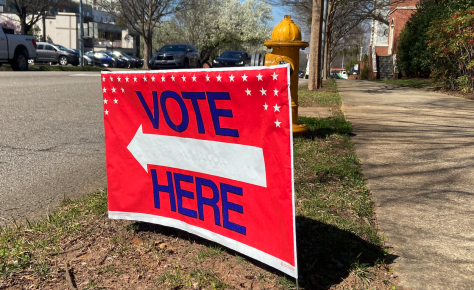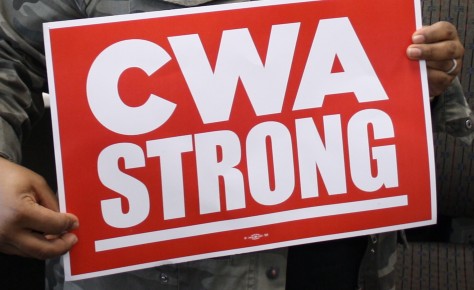Today we reflect and celebrate the life of Dr Martin Luther King Jr.
Dr. Martin Luther King Jr. once said, "Life's most persistent and urgent question is, 'What are you doing for others?'" Against what seemed like impossible odds, Dr. King and scores of his fellow citizens of all races came together and, ultimately, helped bend the moral arc of the universe toward justice.
Dr. King devoted his life to advancing equality, social justice, and economic opportunity for all. He challenged us to build a more perfect union and taught us that everyone has a role to play. Five decades later, we still have work to do to realize Dr. King's dream.
So if you are home or at work today, take a minute and remember Dr King and the role he played in making so many lives better yet the work he championed continues in his memory.
Dr. King's Impact on the Labor Movement
Dr. Martin Luther King Jr's fight for civil rights and justice included working closely with labor unions. We often forget that King was in Memphis supporting AFSCME Local 1733's strike when he was murdered. For King, civil rights and the right to join a union went hand in hand. On MLK Day, we have included two important articles, from The Grio and The Conversation, about his work with unions
The Grio: Martin Luther King Jr, the Labor Movement and the American Dream:
Each year, the commemoration of the birthday of Dr. Martin Luther King, Jr. is a reminder of the remarkable contribution he made to all of us through his courageous defense of civil rights, human dignity and economic justice.
Dr. King was a longtime champion of the labor movement, and he died in 1968 while marching with sanitation workers in Memphis, Tenn., all members of AFSCME Local 1733. Those workers were fighting for the recognition of their union, for collective bargaining rights and for the respect that every person is entitled to.
"The labor movement was the principal force that transformed misery and despair into hope and progress. Out of its bold struggles, economic and social reform gave birth to unemployment insurance, old age pensions, government relief for the destitute, and above all new wage levels that meant not mere survival, but a tolerable life. The captains of industry did not lead this transformation; they resisted it until they were overcome."
The Conversation: Martin Luther King Jr, Union Man
If Martin Luther King Jr. still lived, he'd probably tell people to join unions.
King understood racial equality was inextricably linked to economics. He asked, "What good does it do to be able to eat at a lunch counter if you can't buy a hamburger?"
Those disadvantages have persisted. Today, for instance, the wealth of the average white family is more than 20 times that of a black one.
King's solution was unionism.
In 1961, King spoke before the AFL-CIO, the nation's largest and most powerful labor organization, to explain why he felt unions were essential to civil rights progress.
"Negroes are almost entirely a working people," he said. "Our needs are identical with labor's needs - decent wages, fair working conditions, livable housing, old age security, health and welfare measures, conditions in which families can grow, have education for their children and respect in the community."


